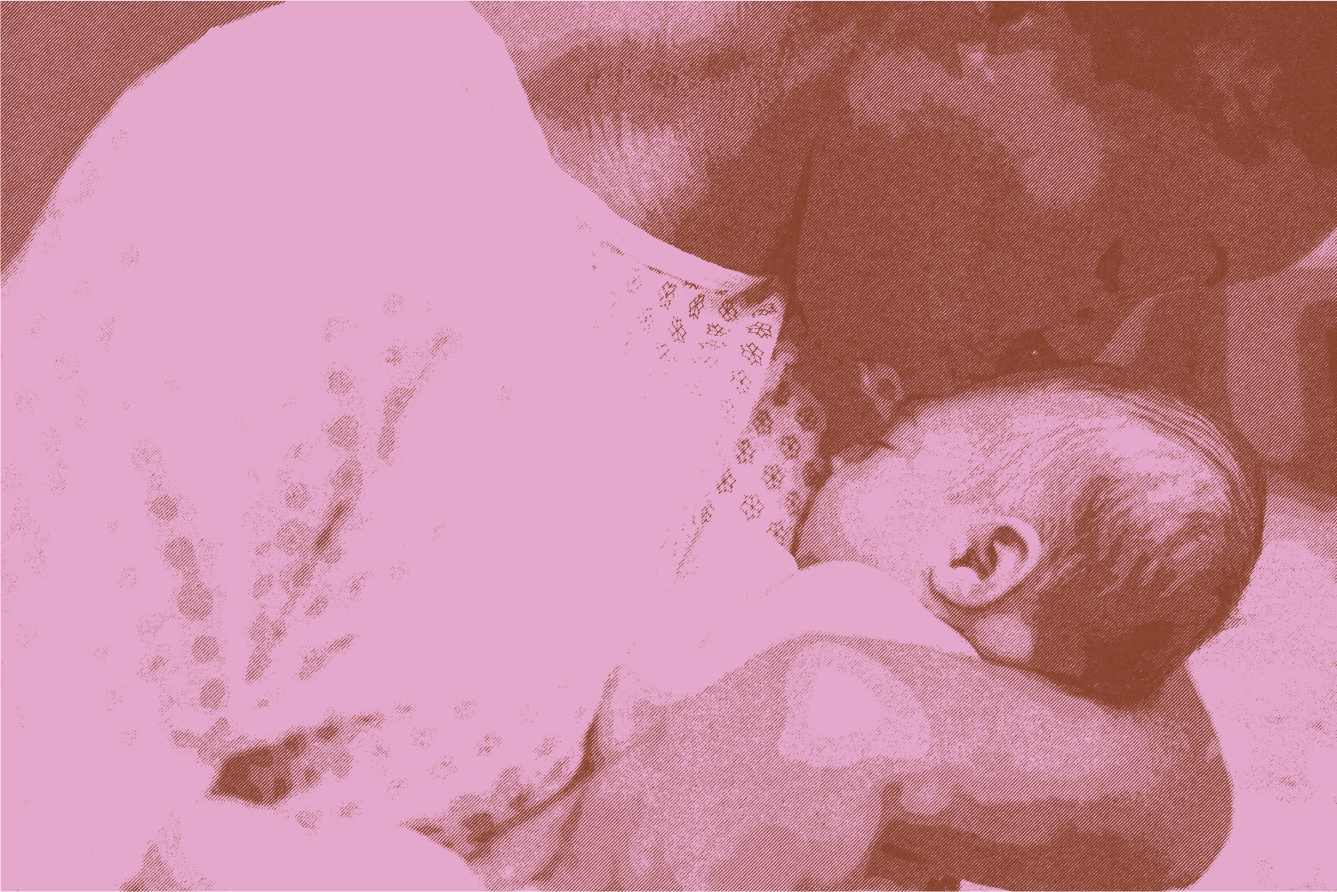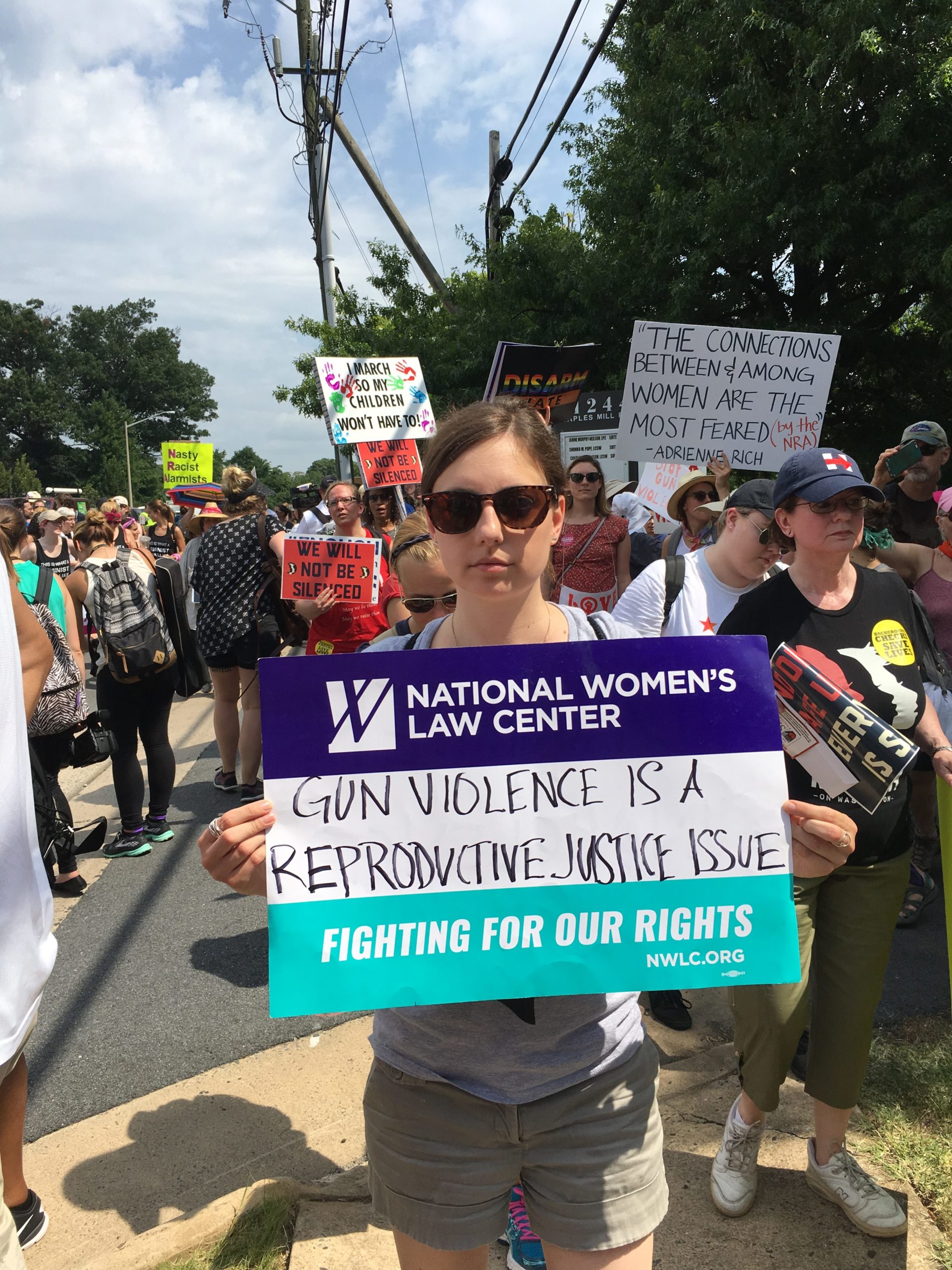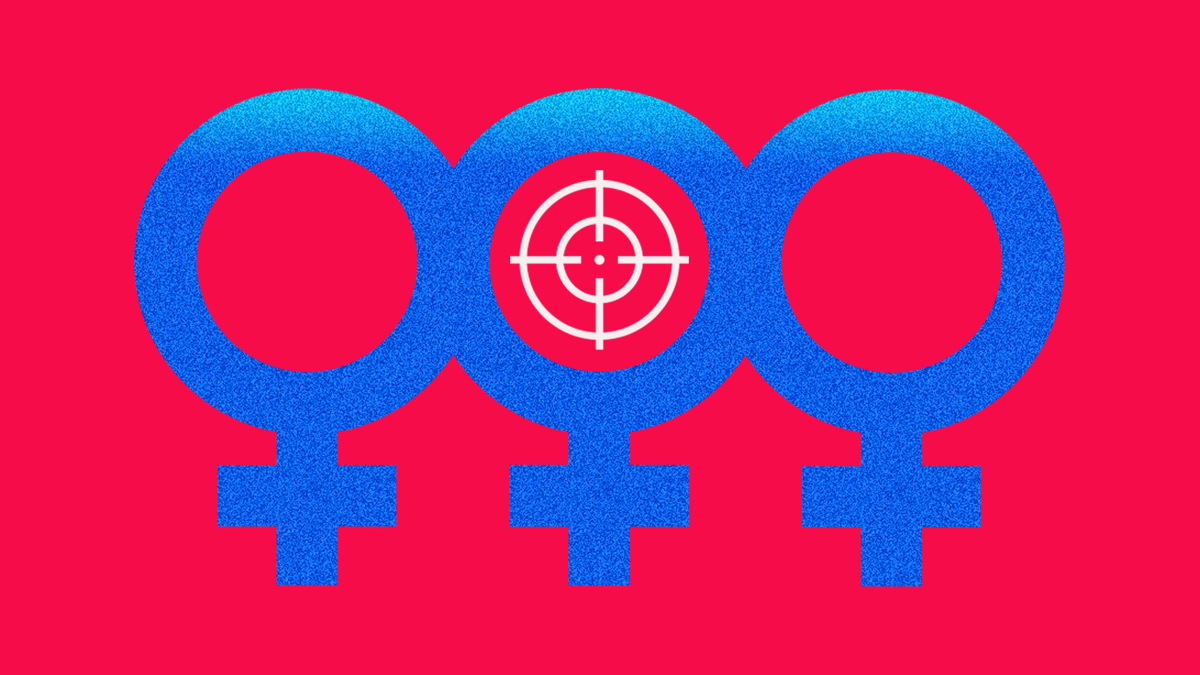Black Maternal Health Week 2019: Celebrate, Decolonize, and Restore

Happy Black Maternal Health Week!
The National Women’s Law Center is a proud supporter of Black Mamas Matter Alliance (BMMA) and we want to highlight some of the trailblazing accomplishments happening during the 2nd annual Black Maternal Health week (BMHW19):
- The Launch of the Black Maternal Health Caucus
History was made this week with the launch of the Black Maternal Health Caucus led by Reps. Lauren Underwood and Alma Adams. The Caucus will elevate Black maternal health as a national priority and explore and advocate for effective, evidenced-based, culturally competent policies and best practices for improving maternal health. The BMMA and others celebrated the launch with an informative briefing educating congressional staff and advocates on the importance of centering Black women’s voices, experiences, and leadership to improve Black maternal health outcomes.
Why is this historic and important? Black women of all socioeconomic and educational levels are 3 to 4 times more likely to die from pregnancy related complications than white women and twice as likely to suffer from severe maternal morbidity.
BMMA ended the briefing with a simple but powerful charge: Listen to Black Women.
Black women have the solutions to improve health care by incorporating reproductive justice and birth justice to deliver the holistic care women need to have healthy lives before and after pregnancy.
- Introduction of The Black Maternal Health Week Resolution
On the first day of Black Maternal Health Week, Senator Kamala Harris and Representative Alma Adams introduced a resolution to designate April 11-17 as Black Maternal Health Week. As one of the Senate leaders to press for action on the Black maternal health crisis, last year Sen. Harris introduced the Maternal Care Access and Reducing Emergencies (CARE) Act. The bill would reduce racial disparities in maternal mortality by addressing the implicit bias and discrimination Black women experience while engaging with the health care system.
- BMMA Speak out Against Programs that Promote LARCs as a Solution for Poverty
Last week, BMMA published an op-ed in Essence taking a firm stance the idea that long-acting reversible contraception (LARCs) are a solution to poverty, as recently highlighted in this New York Times article. BMMA challenges programs that train health systems and providers on how to increase LARC use among low income women without addressing the social inequities that systematically contribute to reproductive health disparities. All individuals deserve access to holistic care that not only addresses the barriers to birth control that Black women face, but also seeks to dismantle the racist and sexist systems that do not support Black women or their economic security.
- What is your state doing about maternal mortality?
We have talked about all the progress Congress and Black Mamas Matter Alliance has made in bringing national attention to the Black maternal mortality crisis, but this is all just the start! I hope #BMHW19 empowers you to explore what your state is doing to address the Black maternal mortality rate. During #BMHW19 there are local events in 15 different states hosted by BMMA’s Kindred Partners and Collaborators. If there aren’t any events near your city you can always support birth and reproductive justice black women-led efforts that take place year round and watch BMMA’s online webinars.
The National Women’s Law Center has created a state tracker with over 50 bills that have been introduced across the nation. If you don’t see your state on the map, let your state legislators know that you want to see more action! Black Mamas Matter Alliance calls for more comprehensive approaches to adequately address maternal health that center Black women and their lived experiences. You can follow the lead of these amazing Black women and let your voice be heard!




